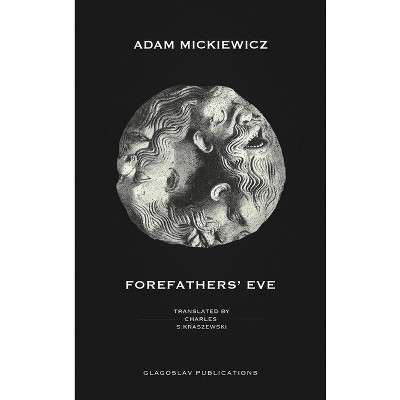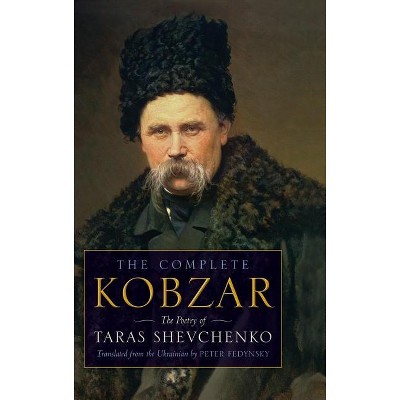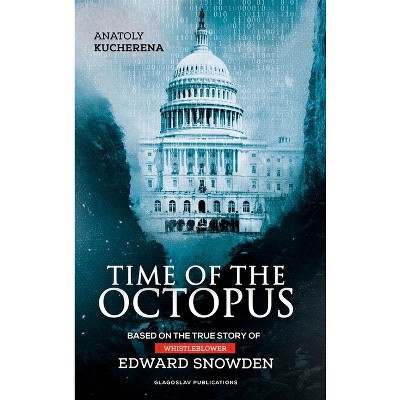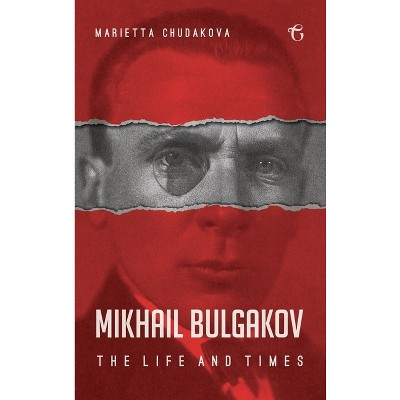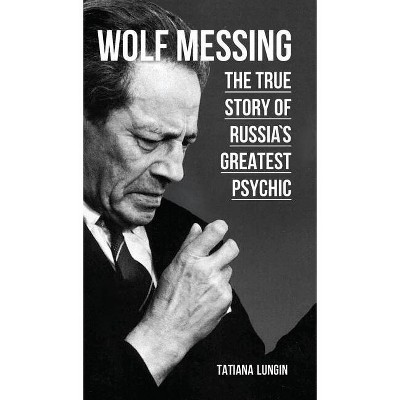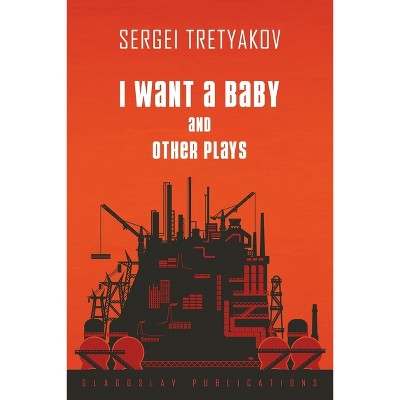Sponsored

Sin - 3rd Edition by Zakhar Prilepin (Paperback)
In Stock
Sponsored
About this item
Highlights
- Zakhar Prilepin's novel-in-stories, Sin, has become a literary phenomenon in Russia, where it was published in 2007.
- Author(s): Zakhar Prilepin
- 224 Pages
- Fiction + Literature Genres, Literary
Description
About the Book
Zakhar Prilepin's novel-in-stories, Sin, has become a literary phenomenon in Russia, where it was published in 2007. It has been hailed as the epitome of the spirit of the opening decade of the 21st century.
Book Synopsis
Zakhar Prilepin's novel-in-stories, Sin, has become a literary phenomenon in Russia, where it was published in 2007. It has been hailed as the epitome of the spirit of the opening decade of the 21st century, and was called "the book of the decade" by the prestigious Super Natsbest Award jury. In the episodes of Zakharka's life, presented here in non-chronological order, we see him as a little boy, a lovelorn teenager, a hard-drinking grave-digger, a nightclub bouncer, a father, and a soldier in Chechnya. Sin offers a fascinating glimpse into the recent Russian past, as well as its present, with its unemployment, poverty, violence, and local wars - social problems that may be found in many corners of the world. Zakhar Prilepin presents these realities through the eyes of Zakharka, taking us along on the life-affirming journey of his unforgettable protagonist.Review Quotes
Zakhar Prilepin's "emotional Sin draws on his own experiences as a bouncer, journalist and soldier. Sin is not a novel in the conventional sense, but a connected series of short stories, skipping from married happiness back to teenage encounters with sex and death, and then forward again to adult scenes of vodka-drinking or grave-digging." Phoebe Tapli, The World Today
"In a sense, being a well-formed character for Prilepin is a kind of death sentence - you are finished, fully-drawn. It is Zakhar the blank slate who will survive, the one stubbornly resisting everything from journalism to poetry to work to commitment, but who you sense is reading, feeling his way towards writing and family and is on the way to becoming the Zakhar who will eventually be capable of writing this phenomenal book." literalab
"Zakhar Prilepin represents much of what is confusing and contradictory about contemporary Russia. And on the other hand, it's all absolutely simple. He's a pro-Stalinist member of the anti-Putin opposition, a writer who exposes the dark side of modern Russian life while volunteering in the army of the pro-Russian Donetsk People's Republic. Western readers may find these apparent contradictions frustrating..." Dr E.P. Clark
"The book itself is essentially a novel-in-stories, tracking the life of Zakharka from a small central Russian village to a distant military outpost in Chechnya. These episodes are non-chronologically arranged, and the novel opens with Zakharka as a young journalist in the midst of a passionate love affair in an unnamed provincial town." Lewis White, The Scotland-Russia Review
"And he [Prilepin] is probably the most important writer in modern Russia, a sensitive and intelligent critic of his country's condition. To understand Russia today, you need to understand Prilepin - first and foremost because he doesn't fit into the preconceptions most outsiders have about the place. Prilepin is an intensely male writer - like Ernest Hemingway, he's intoxicated with the rituals and bonds of maleness, and, by extension, war, which he sees as the ultimate test of manhood." Russia's Young Hemingway, Newsweek Magazine
Shipping details
Return details
Frequently bought together
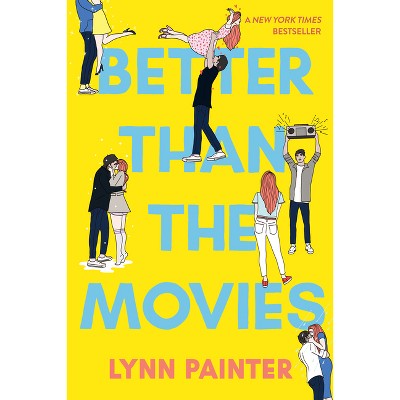


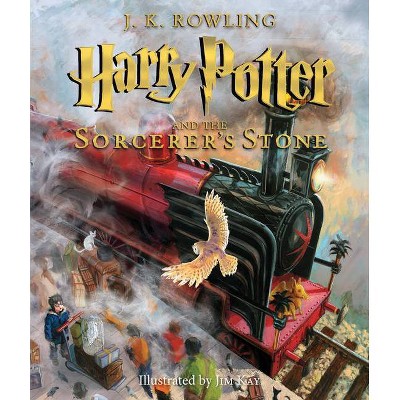
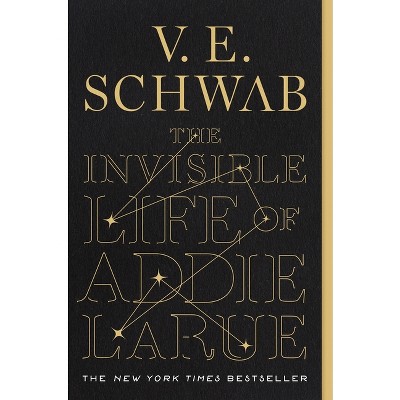
Trending Literary Fiction







